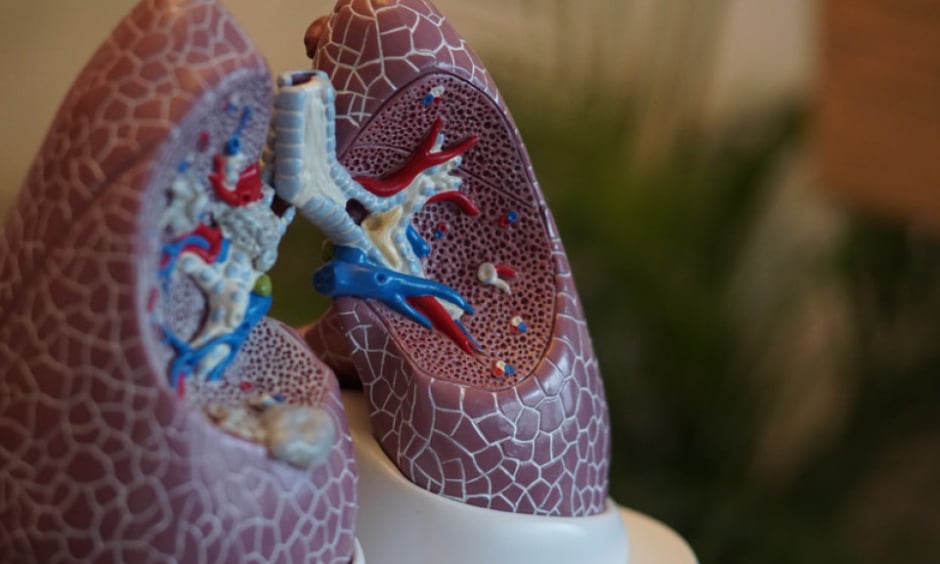AN INTERNATIONAL collective of research bodies has produced intriguing findings detailing how glucose appears to significantly regulate the way in which macrophages respond to biological cues that initiate appropriate immune responses in the lung. The work was spearheaded by researchers at the University of Manchester, Manchester, UK, who collaborated with the University of Southampton, Southampton, UK, AstraZeneca, and the National Institute for Health USA.
Respiratory illnesses are prevalent in modern society, with asthma alone affecting an estimated 235 million people worldwide. There is a near-constant need for the development of novel therapeutic strategies that go beyond the standard of care currently provided. In this study, researchers analysed the dominant mechanisms that regulate the activity of pulmonary macrophages, cells that play a vital role in the inflammatory clearance of pathogenic organisms and debris.
It was discovered that mouse alveolar macrophages are hyposensitive to IL-4, a cytokine needed for the recruitment of additional immune cells; this is in contrast to macrophages derived from the lung tissue or peritoneal cavity, which readily respond to the signaling molecule. When these alveolar macrophages were extracted and studied ex vivo, it was discovered that they were metabolically aberrant, regaining their IL-4 responsiveness in a glycolysis-dependent manner through the treatment of glucose.
‘‘The idea that modifying glucose levels in the lungs could one day be a critical factor in treatment of these conditions is tremendously exciting,” commented lead researcher Prof Andrew MacDonald, University of Manchester.
This evidence suggests that blocking glucose reception could help reduce chronic inflammation in various respiratory pathologies or, conversely, that provision of the sugar could help prime the immune system to appropriately fight pulmonary infection. Regarding the former approach, Prof MacDonald acknowledged that targeting glucose would be a balancing act due to the essential role it plays in generating energy. However, regarding the latter, the prospect of glucose inhalation therapy for the treatment of pulmonary infection is certainly a promising one that could revolutionise treatment of these common diseases.






